Ukraine sets sights on fighter jets after Biden says US will send 31 Abrams tanks
US President Joe Biden says the United States will send 31 M1 Abrams battle tanks to Ukraine, granting a key request from Kiev that is expected to enhance the military capabilities of the Ukrainian army over the coming months.
Less than 24 hours after German Chancellor Olaf Scholz announced, after weeks of hesitation, that Berlin would send 14 of its Leopard 2 tanks to Ukraine, Biden told reporters at the White House that Washington would send 31 US-made M1 Abrams battle tanks, the world’s most powerful, to the ex-Soviet republic.
"Today, I'm announcing that the United States will be sending 31 Abrams tanks to Ukraine, the equivalent of one Ukrainian battalion," the US president said, speaking about the new Ukraine-bound security package, which is worth roughly $400 million, according to the Pentagon.
"Today's announcement builds on the hard work and commitment from countries around the world, led by the United States of America, to help Ukraine defend its sovereignty and its territorial integrity. That's what this is about, helping Ukraine protect and defend Ukrainian land. It is not an offensive threat to Russia. There is no offensive threat to Russia. If Russian troops return to Russia… where they belong, this war would be over today," Biden added.
The American president, who reversed his previous position on sending Abrams tanks, also lauded Germany for its decision to send Leopard 2 tanks to Ukraine, stressing Western unity in the face of the war Russia has waged in Ukraine.
Biden said Russian President Vladimir Putin had failed to drive a wedge between the US and European powers.
Washington's move to send Abrams tanks to Kiev came despite concerns that the tanks are too logistically burdensome for Ukrainian forces. In his remarks, Biden acknowledged that the delivery of the tanks would "take time," but said the US would use that time to ensure that the Ukrainian army is "fully prepared" to integrate the fighting vehicles into its defenses.
Separately, White House spokesperson John Kirby said that the Abrams tanks required a "pretty hefty supply chain" and that it would take "months" to deliver them, but the US would train Ukrainian troops on the "sophisticated" equipment.
"The idea is really to show we've got a long-term commitment to the kinds of fighting that we think the Ukrainians are going to be doing," he said.
"It's not just about how to operate the Abrams… it's how to maintain them, and it's how to have an organic supply chain process or logistical sustainment process, so that you can keep them maintained and in the fight over the long haul," Kirby added.
Earlier on Wednesday, Moscow said the shipment of the tanks would be a waste of money.
"I am certain that many specialists understand the absurdity of this idea as well. This plan is quite a losing scheme simply for technological reasons and, importantly, it overestimates the potential it will add to the Ukrainian army. These tanks burn just like all the others," Kremlin spokesman Dmitry Peskov said.
Russia has said previously arms shipments to Ukraine are "legitimate targets."
In another development, Ukraine on Wednesday said that it would now push for Western fourth-generation fighter jets, such as the US F-16, after securing supplies of main battle tanks.
"The next big hurdle will now be the fighter jets," said Yuriy Sak, who advises Ukrainian Defense Minister Oleksiy Reznikov. "If we get them, the advantages on the battlefield will be just immense. It's not just F-16s. Fourth-generation aircraft, this is what we want."
Ukraine's Air Force has a fleet of ageing Soviet-era warplanes that came off the assembly line before Ukraine even declared independence more than three decades ago.
Russia launched what it calls "a special military operation" against Ukraine in late February over the perceived threat of the country joining NATO.
Since then, the US and Ukraine's other allies have sent Kiev tens of billions of dollars' worth of weapons, including rocket systems, drones, armored vehicles, tanks, and communication systems. Western countries have also imposed a slew of economic sanctions on Moscow. But they had until recently refused to send their most advanced weapons to Kiev.
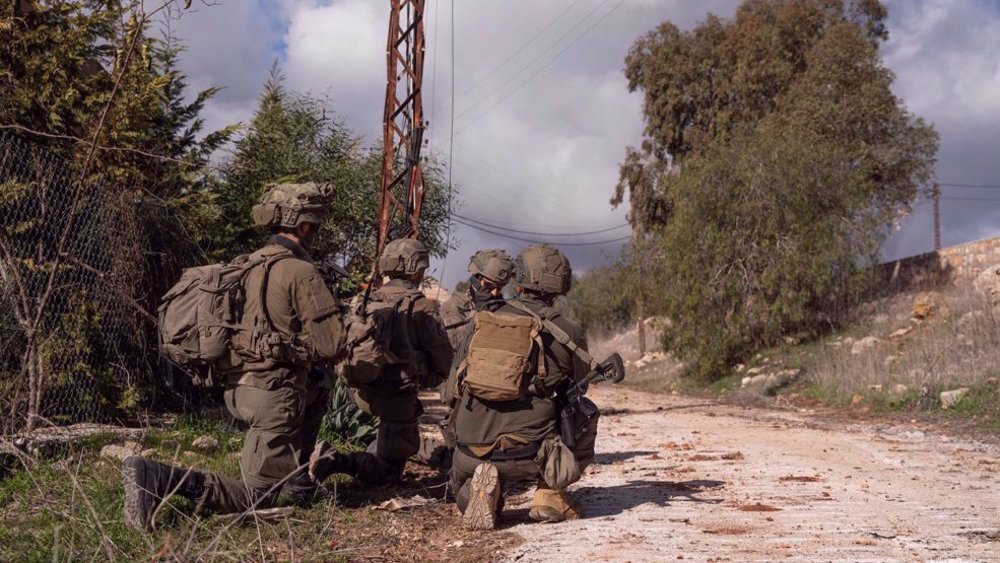
US, France want mercenaries deployed in south Lebanon: Report
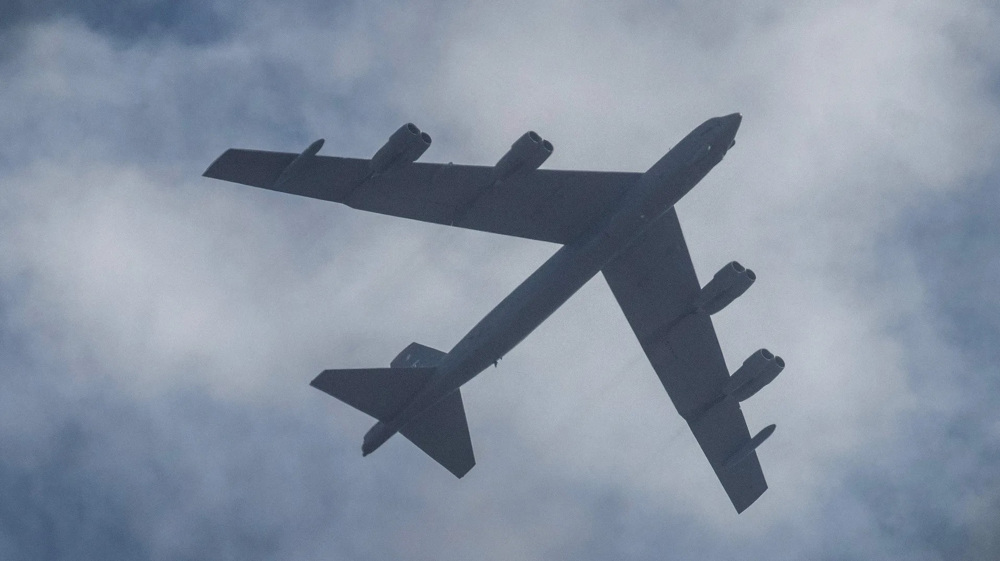
US bombers fly over Mediterranean Sea as delivery of heavy bombs to Israel announced
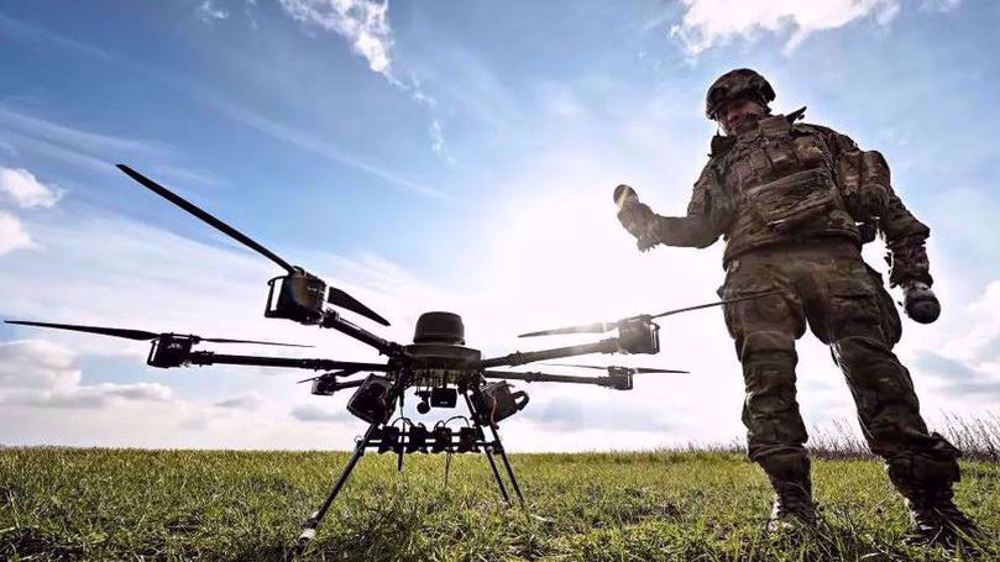
Leaked documents reveal US strategies to prolong Russia-Ukraine war
VIDEO | Bahraini mourners hold symbolic funeral procession for late Hezbollah leader
VIDEO | Trump's plan for Gaza
Iran’s foreign minister, parliament speaker to attend Nasrallah's funeral
Iran: Russian FM due in Tehran in coming days for key talks
Electronic Intifada director’s violent arrest and MI6 infiltration into ‘neutral’ Switzerland
‘Nothing short of Kafkaesque’: Netizens react to arrest of pro-Palestine activist in Canada
'Enemy is wicked': 17-year-old Lebanese pager victim on life after losing eyes
Geothermal is Iran’s other potential energy game-changer


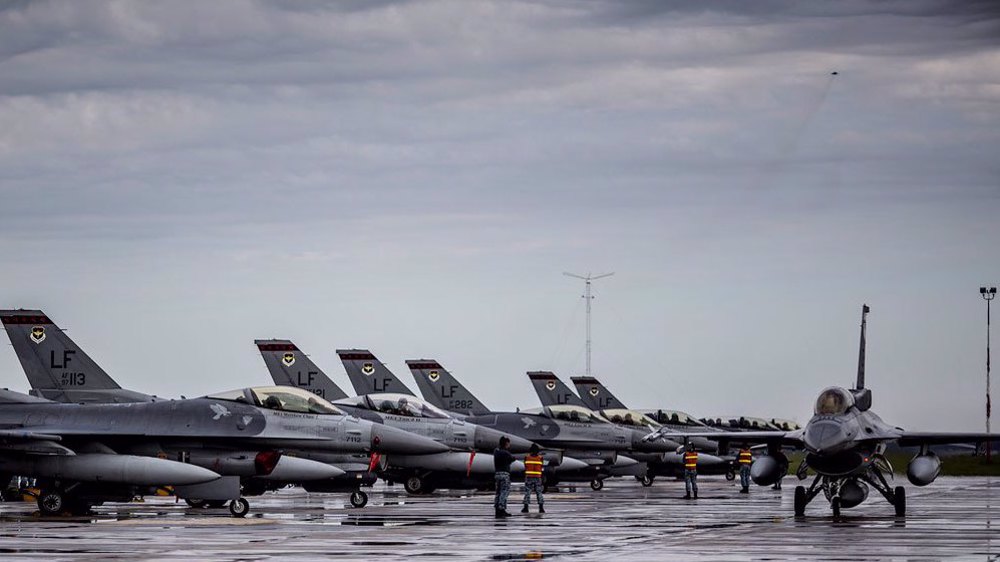
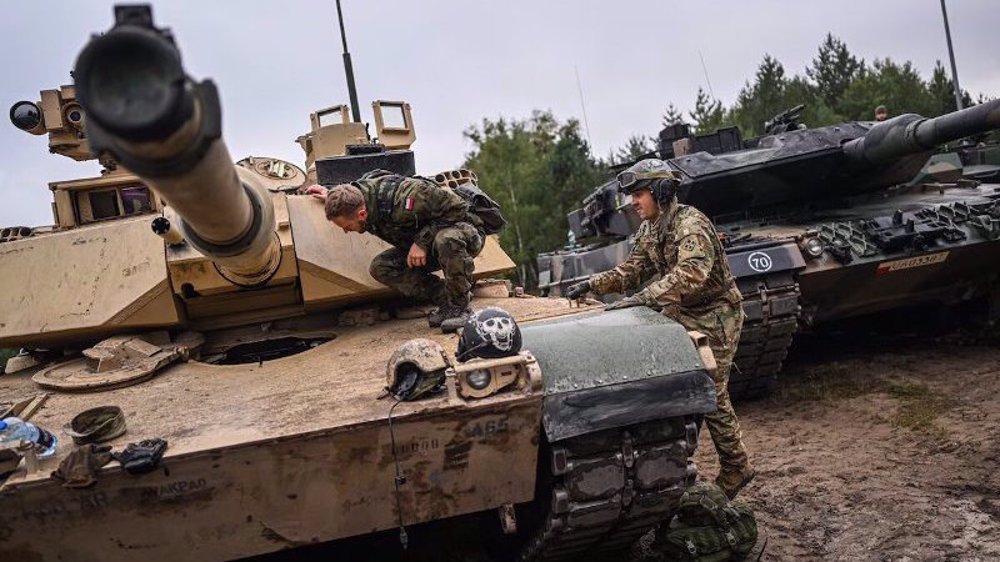




 This makes it easy to access the Press TV website
This makes it easy to access the Press TV website